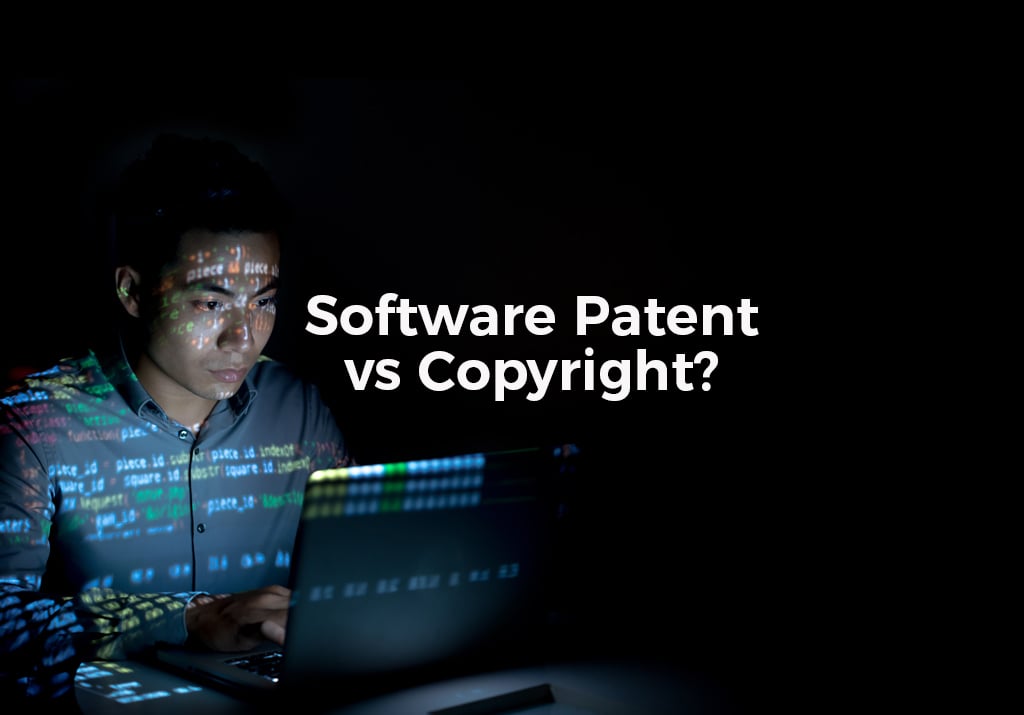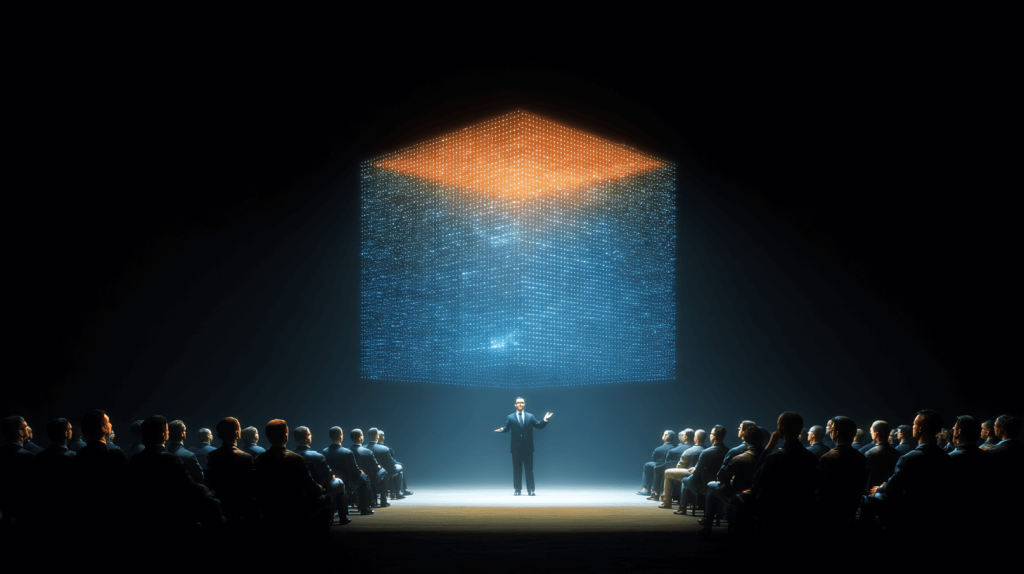It’s no surprise that SaaS founders are curious about protecting their intellectual property and unique features.
In the startup space, competition is fierce, and the stakes are high. Developing an innovative SaaS requires a substantial investment of time, effort, and capital. Luckily, there are measures you can take to protect your key features and competitive advantage.
In this article, we’ll show you the two most common forms of IP protection relevant to software and explain the differences between the two. If you are in the process of developing or have developed software, we strongly suggest you keep reading.
How Can Software Be Protected?
There are two key types of IP protection relevant to software. Patents and copyrights, each offering a different form of protection.
Software Patent
If your invention is found to be patentable after a prior art search, a patent offers the most comprehensive form of intellectual property protection for software-related innovations, protecting the novel features and processes that power the application rather than just the underlying source code.
Once you are issued a software patent, you have the exclusive right to make, use, license, and sell your software invention. A broad software patent application may further include your proprietary processes, systems, methods, functions, and algorithms. Providing you the ability to gain an advantage over your competition, while developing a defensive patent portfolio.
Copyright
A further option is to file a copyright. Copyright protection covers the method in which you express your software. This may be both the object and/or source code. Your copyright protection begin when you start creating your code, but we highly advise clients to make sure they register their copyright with the US Copyright Office.
Copyright protection lasts for the life of the author, plus 50 years. The downside of this form of IP protection is that you are only protecting the source code, meaning if a competitor makes even minor changes to the code they may be able to circumvent the legal protection of your copyright registration and avoid infringement.
Software Patent Examples
Looking at examples of successful software patents can help you better understand what you can protect within your software platform.
Amazon One-Click, U.S. Patent No. 5,960,411
What’s protected under this patent is the One-Click action that lets shoppers avoid having to go through the shopping cart process. Once a user has an account with Amazon that has their payment, billing, and shipping information saved, they can purchase items on the website with a single click.
Google Homepage U.S. Patent No. D599,372
A patent was issued to Google for the design of its homepage. The technical phrase for the patent is “graphical user interface for a display screen of a communications terminal”. In layman’s terms, this refers to the plain white screen with the Google logo and search bar.
Software Copyright Examples
The next time you visit a website, take a look at the very bottom of the webpage. At the very bottom, typically in the footer, you’ll see a copyright statement. This statement is to evoke copyright protection.
A valid copyright notice needs to contain three elements:
- The word “Copyright” or “Copr.” or the symbol ©.
- The year of publication of the website.
- The name of the copyright owner.
Conditions of Patentability for Software
To be able to patent your software, it needs to be novel and non-obvious. This means that your software would have to be both unique and that someone in the industry wouldn’t think of your development as obvious. Please remember that in some cases, improvements on existing technology may be considered patentable subject matter.
Determining The Best Protection for Your Software
It’s best to speak with an attorney when determining the best form of IP protection for your software platform. They can help guide you towards the best course of action. They can also help you determine what features or functionalities may be eligible for patent protection.
Our team of experienced patent attorneys are here to help you better understand the IP protection process and develop an IP strategy for your SaaS.
If you have questions or would like to know what features of your software may be patent eligible, simply schedule a free phone consultation.



